India free-trade deal ‘welcome boost’ for Australian mining
Trade Minister Dan Tehan says a landmark free-trade deal with India will boost Australian mining and open a fresh market for critical minerals.
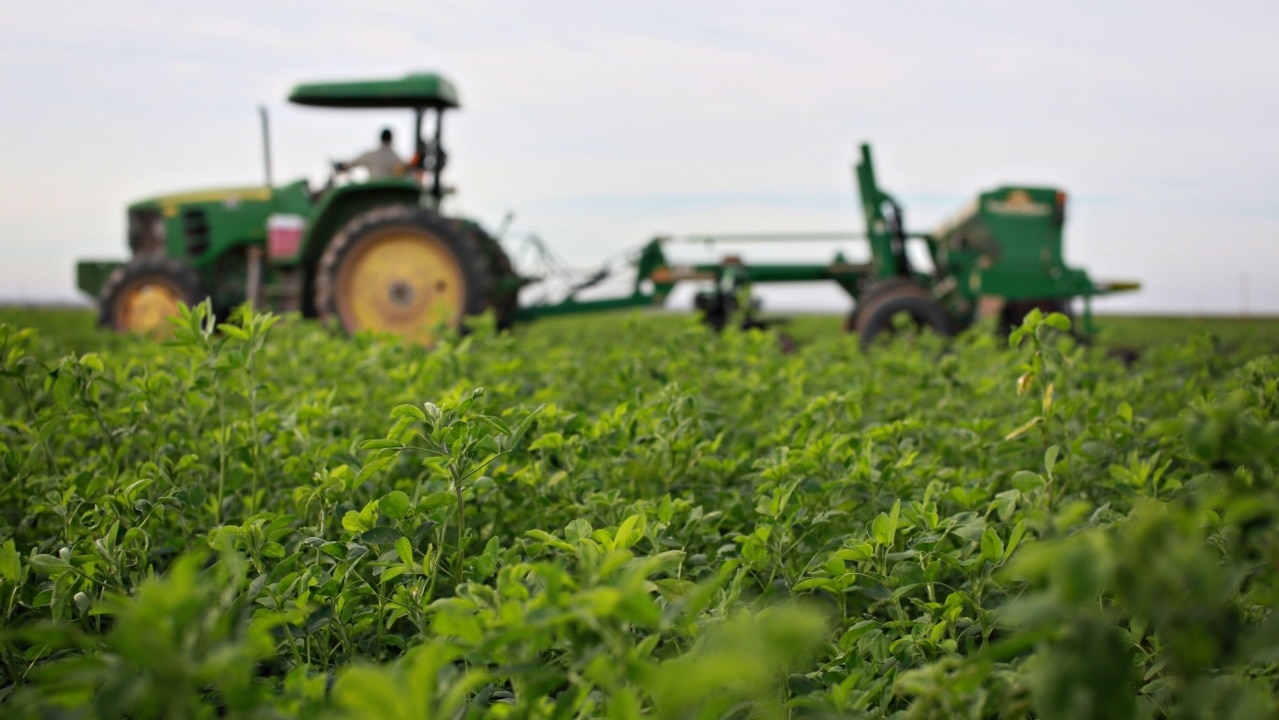
Trade Minister Dan Tehan says a landmark free-trade deal with New Delhi will boost Australian mining and open up fresh opportunities for critical minerals needed for the production of mobile phones, TV monitors, wind turbines and electric cars.
Indian Commerce Minister Piyush Goyal is due to touch down in Australia on Tuesday as part of a whirlwind four-day visit to discuss opportunities for Australian producers, including in the critical minerals sector.
He will be accompanied by business leaders and is hoping to visit Melbourne, Sydney and Perth. The Confederation of Indian Industry is sending a business delegation led by its president, T.V. Narendran, and director-general, Chandrajit Banerjee.
Just days from the election being called, the Morrison government has been talking up the benefits for critical minerals from the Australia-India Economic Co-operation and Trade Agreement signed on Saturday.
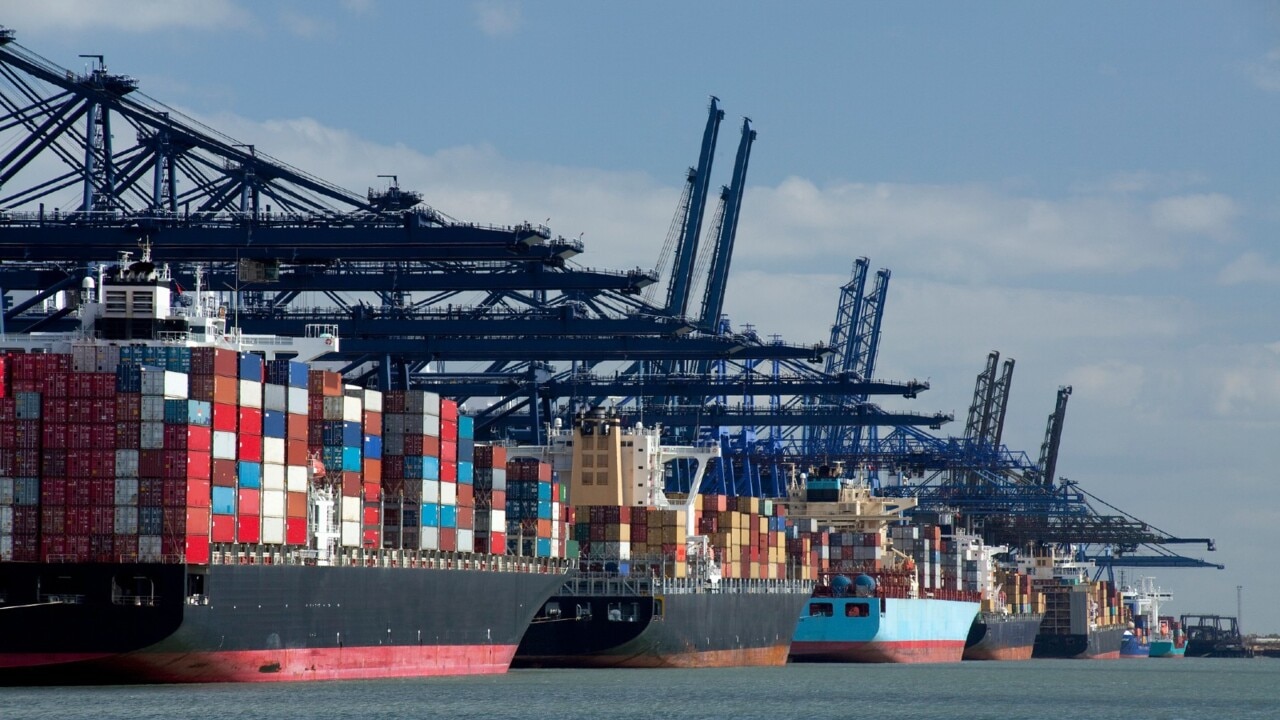
Under the deal, exports to India are expected to be boosted by at least $45bn by 2035 and Australia will open up its work and holiday-maker program to allow about 1000 Indians a year to participate.
Indian Prime Minister Narendra Modi heralded the agreement as a watershed moment for the two countries at Saturday’s virtual signing ceremony, saying “there is immense potential for economics to fulfil each other’s needs”.
“We will together be able to contribute to increasing the resilience of supply chains and the stability of the Pacific region,” he said.
On Saturday, Scott Morrison said the trade deal would “facilitate cheaper Australian goods to India, wool, horticulture, coal (and) LNG”.
“It will unlock deeper co-operation in critical minerals (and) rare earths, which I know is an area of increasing importance to India’s growing manufacturing sector,” the Prime Minister said.
He said it would “deepen the warm and close ties between our people” through increased study and travel opportunities and was a “first step towards (a) full comprehensive economic co-operation agreement” that he hoped would be secured by the end of 2022.
Resources Minister Keith Pitt in March announced the allocation of $5.8m to a three-year critical minerals investment partnership with India in a first of its kind deal, saying it represented a “step-change” in how countries worked together to support key industries.
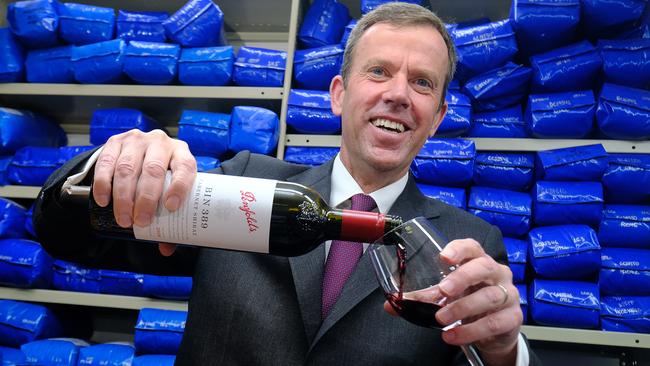
He said India was forecast to become the world’s most populous country within two years and its economy would create more trade and investment opportunities over time.
Mr Tehan told The Australian on Sunday that Australia was the “logical choice to meet India’s growing demand for mineral resources … We are also well-placed to meet India’s growing demand for mining equipment, technology and services and have a competitive edge in mining consultancy, exploration technologies, mining software, processing components and systems, environmental and mineral quality technologies and safety equipment, and mining education and skills,” he said.
Under the trade deal, tariffs will be eliminated on entry into force for coal, alumina, metallic ores including manganese, copper and nickel, and critical minerals including titanium, lithium, cobalt, tungsten and zirconium.
LNG tariffs will be bound at zero per cent at entry into force, while engineering, higher education and a range of construction services will be among 31 Australian services guaranteed to receive the best treatment accorded by India to any future free-trade agreement partner.
Australia is ranked sixth in the world for rare earth elements and second for production, but many of its deposits remain untapped.
Australia has the world’s largest resources of rutile (titanium), zircon (zirconium) and tantalum. Our resources of antimony, cobalt, lithium, manganese ore, niobium, tungsten and vanadium all rank in the top five globally.


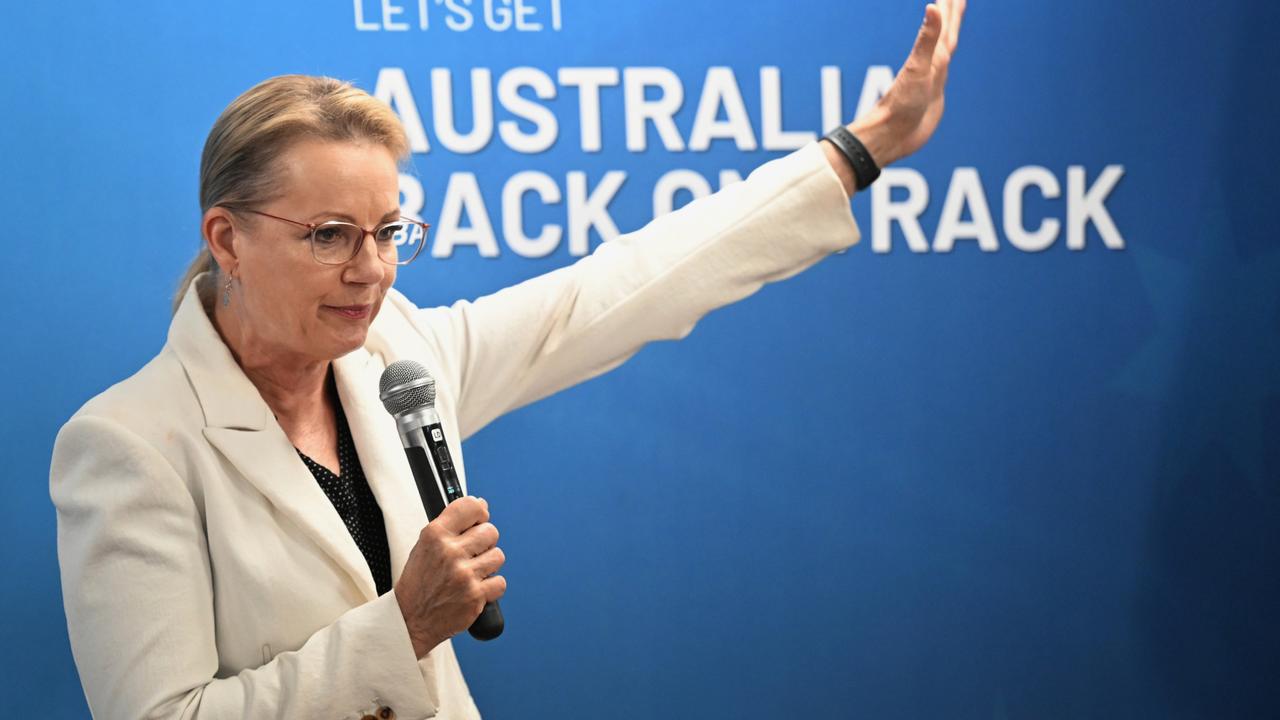
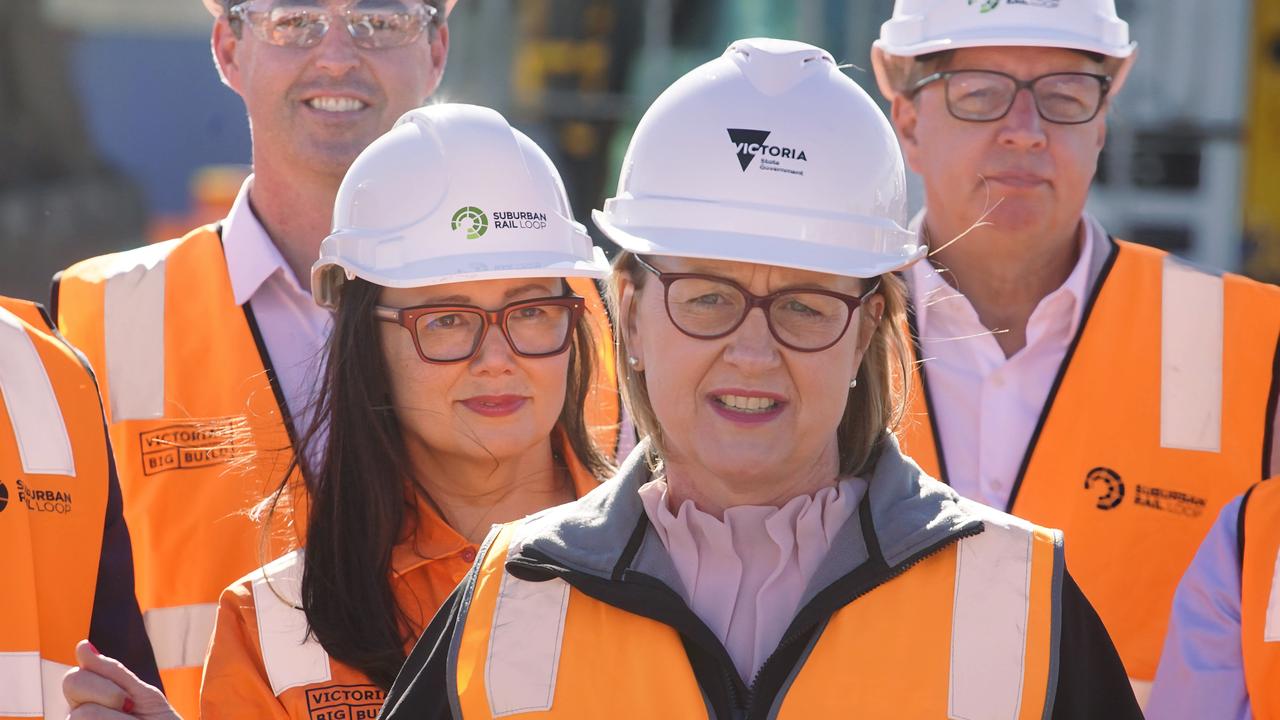
To join the conversation, please log in. Don't have an account? Register
Join the conversation, you are commenting as Logout